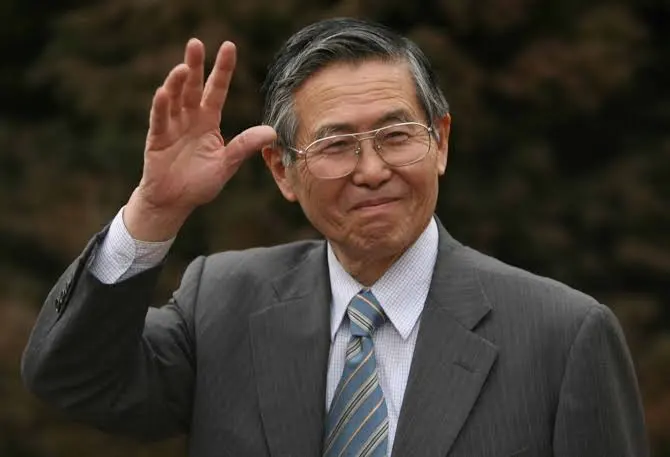Alberto Fujimori, the controversial former president of Peru, passed away at the age of 86 after a long battle with cancer.
His death marks the end of a complex political legacy that continues to divide Peruvians. While his economic reforms and crackdown on terrorism earned him praise, his authoritarian rule and human rights abuses have left a lasting impact on the nation.
Alberto Fujimori’s passing reignites a national debate about his contributions to Peru’s modernization versus the cost of his authoritarianism. Fujimori’s presidency (1990–2000) was a paradoxical blend of economic progress and political repression.

His aggressive “Fujishock” reforms stabilized a floundering economy, but at the expense of growing inequality. His administration’s success in defeating the Shining Path insurgency, once celebrated, was tainted by extrajudicial killings and forced disappearances.
The announcement of his death by his daughter, Keiko Fujimori, underscores the emotional and political weight his legacy still holds in the country. While tributes pour in from those who credit him for pulling Peru out of economic despair and ending terrorism, critics, including opposition leader Pedro Castillo, remain vocal about the price of his authoritarian rule.
Fujimori’s passing may close a chapter on one of Peru’s most polarizing figures, but the discourse around his impact will continue to shape Peruvian politics for years to come.

